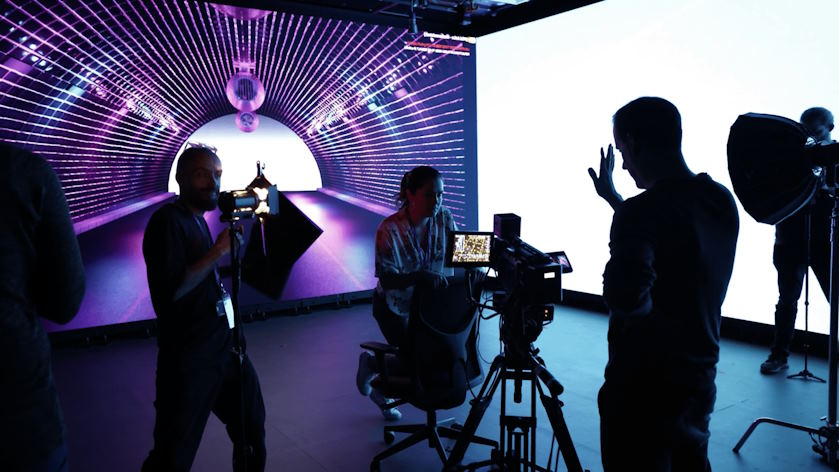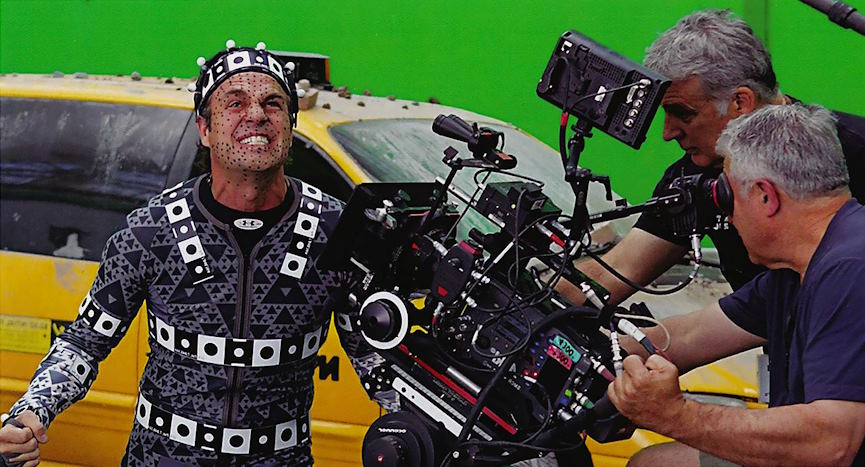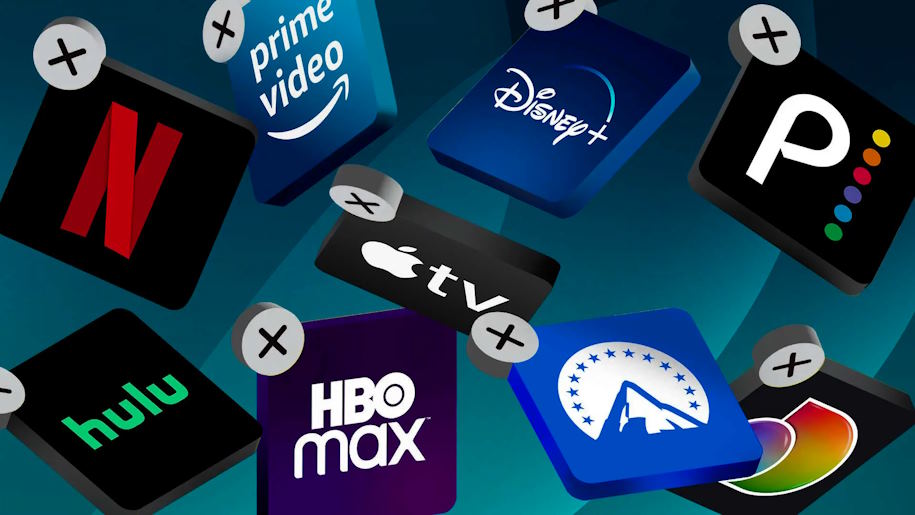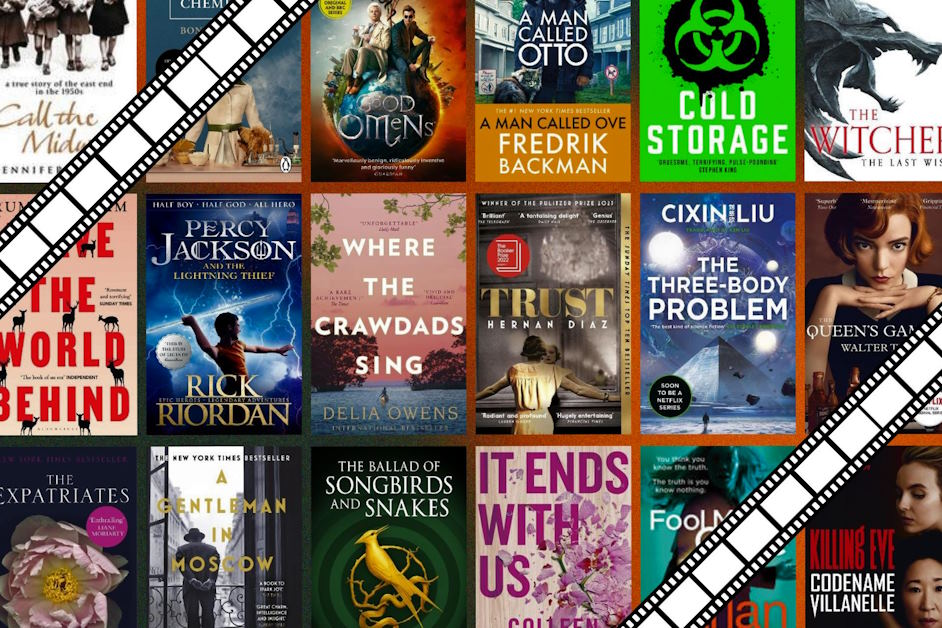The Evolution of Film Technology: What to Expect in Future Releases
What alterations has technology made to the film industry? In less than 200 years, the convergence of technological advancements and film innovations has propelled the moving picture from non-existence to existence everywhere, starting with the early days of sequential photography and continuing through the introduction of sound, colour, and a look at the impact of cgi and special effects.

And why end it right now?
We will give you a brief overview of the technology that will shape filmmaking in the future. As we dissect new film technologies like ai-driven post-production and interactive storytelling upending the entertainment sector, we will highlight some emerging technologies to watch and investigate how the advancements in cinema technology might alter the nature of filmmaking.
Raindance talks about how the film industry is changing digital technologies.
In the future of filmmaking, autonomous drone cameras, 4k 3D cameras, 3D printing, algorithmic video editing, and cloud-based technologies could all be at the forefront. Furthermore, as science fiction has previously suggested, technological advances in camera and sound technology that seem ridiculous to us now may occur in the history of film. We’ll have to wait and observe.

UAVs
The days of filming panoramic or bird’s eye-view scenes with low-flying aircraft or helicopters are long gone. But those shots used to be very expensive, and stabilisation problems would arise. Drones are a practical and helpful technological advancement that allows filmmakers to get these shots for a much lower price. Since drones can precisely capture high-fidelity action scenes, they have replaced aeroplanes and helicopters as the go-to method for filming action scenes.
Cinematographers Have Hope for the Future
Actually, a glimpse into high-tech cinematic spaces will challenge the established structures of the film industry, others will facilitate filmmakers in realising their visions. Only when end users have a sense of empowerment can the film industry—from Hollywood to independent, student, and short—succeed.

